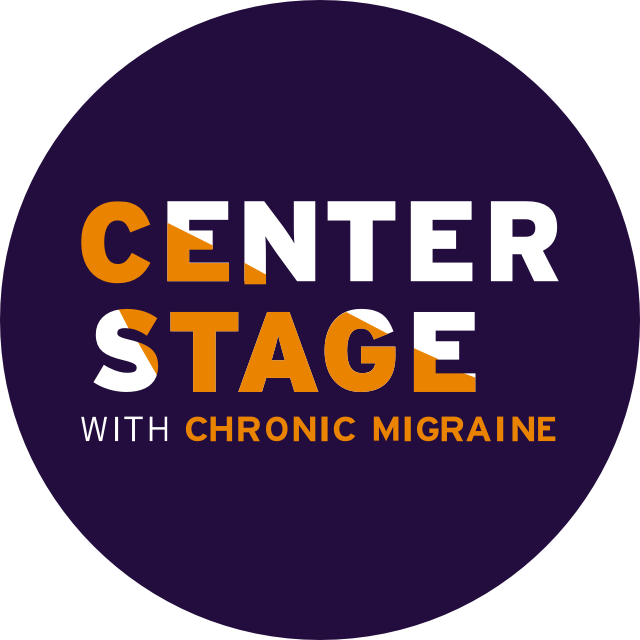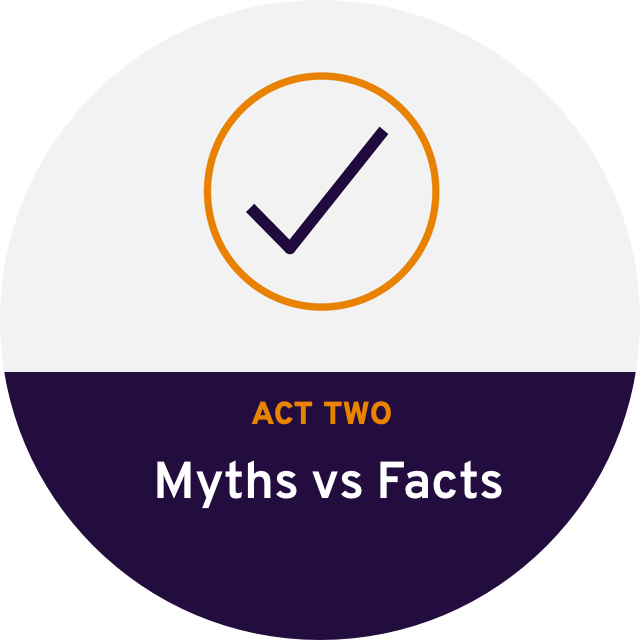Kristin Chenoweth takes Center Stage with Chronic Migraine
Sponsored by AbbVie

Kristin Chenoweth takes Center Stage with Chronic Migraine
Sponsored by AbbVie
Partnering to empower the Chronic Migraine community
AbbVie has partnered with Emmy® and Tony® award-winning actress and singer Kristin Chenoweth on the Center Stage with Chronic Migraine Program, which aims to help and empower other people living with Chronic Migraine to talk to their doctor about how to manage their disease.
Watch Kristin's Chronic Migraine Q&A conversation
Watch Kristin and two other Chronic Migraine patients share their stories with neurologist Dr. Larry Charleston IV.
A new eZine especially for people with Chronic Migraine.
This June, Kristin Chenoweth is launching a new eZine about Chronic Migraine. It’s filled with patient stories and treatment experiences with BOTOX® for Chronic Migraine. Get the special Migraine Awareness Month inaugural copy today.

Kristin’s Chronic Migraine journey
As an award-winning actress and singer, Kristin Chenoweth commands the stage. But, behind the scenes, Kristin lives with Chronic Migraine, a debilitating disease that affects 3.3 million adults in America and is associated with 15 or more headache days a month. There were days when Kristin couldn’t show up on the set or stage. Triggered by the bright lights of show business, she was floored by the tornado of migraine attacks. In the panic of those dark moments, Kristin feared she might be forced to retire. But, determined to manage her condition, she finally found a doctor who diagnosed her with Chronic Migraine. Together, they came up with a treatment plan that works for her and that includes BOTOX® for Chronic Migraine injections every 3 months.
Kristin is passionate about raising awareness of Chronic Migraine and supporting others with the disease.

I want to share what I’ve learned with others who may be struggling with Chronic Migraine to help give them encouragement and motivation to take control of this debilitating disease.
— Kristin
Preventive treatment for Chronic Migraine
Kristin’s Chronic Migraine treatment plan includes BOTOX®. BOTOX® prevents headaches before they even start.* Learn more and get started today.













